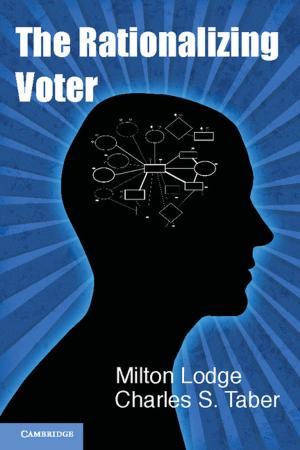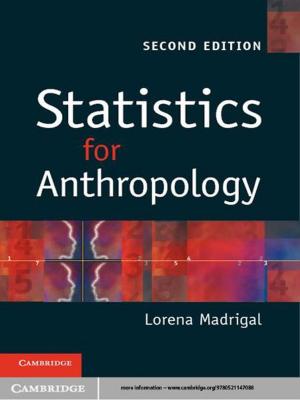The Languages of Native North America
Nonfiction, Reference & Language, Language Arts, Linguistics, Foreign Languages| Author: | Marianne Mithun | ISBN: | 9781107384583 |
| Publisher: | Cambridge University Press | Publication: | June 7, 2001 |
| Imprint: | Cambridge University Press | Language: | English |
| Author: | Marianne Mithun |
| ISBN: | 9781107384583 |
| Publisher: | Cambridge University Press |
| Publication: | June 7, 2001 |
| Imprint: | Cambridge University Press |
| Language: | English |
This book provides an authoritative survey of the several hundred languages indigenous to North America. These languages show tremendous genetic and typological diversity, and offer numerous challenges to current linguistic theory. Part I of the book provides an overview of structural features of particular interest, concentrating on those that are cross-linguistically unusual or unusually well developed. These include syllable structure, vowel and consonant harmony, tone, and sound symbolism; polysynthesis, the nature of roots and affixes, incorporation, and morpheme order; case; grammatical distinctions of number, gender, shape, control, location, means, manner, time, empathy, and evidence; and distinctions between nouns and verbs, predicates and arguments, and simple and complex sentences; and special speech styles. Part II catalogues the languages by family, listing the location of each language, its genetic affiliation, number of speakers, major published literature, and structural highlights. Finally, there is a catalogue of languages that have evolved in contact situations.
This book provides an authoritative survey of the several hundred languages indigenous to North America. These languages show tremendous genetic and typological diversity, and offer numerous challenges to current linguistic theory. Part I of the book provides an overview of structural features of particular interest, concentrating on those that are cross-linguistically unusual or unusually well developed. These include syllable structure, vowel and consonant harmony, tone, and sound symbolism; polysynthesis, the nature of roots and affixes, incorporation, and morpheme order; case; grammatical distinctions of number, gender, shape, control, location, means, manner, time, empathy, and evidence; and distinctions between nouns and verbs, predicates and arguments, and simple and complex sentences; and special speech styles. Part II catalogues the languages by family, listing the location of each language, its genetic affiliation, number of speakers, major published literature, and structural highlights. Finally, there is a catalogue of languages that have evolved in contact situations.















